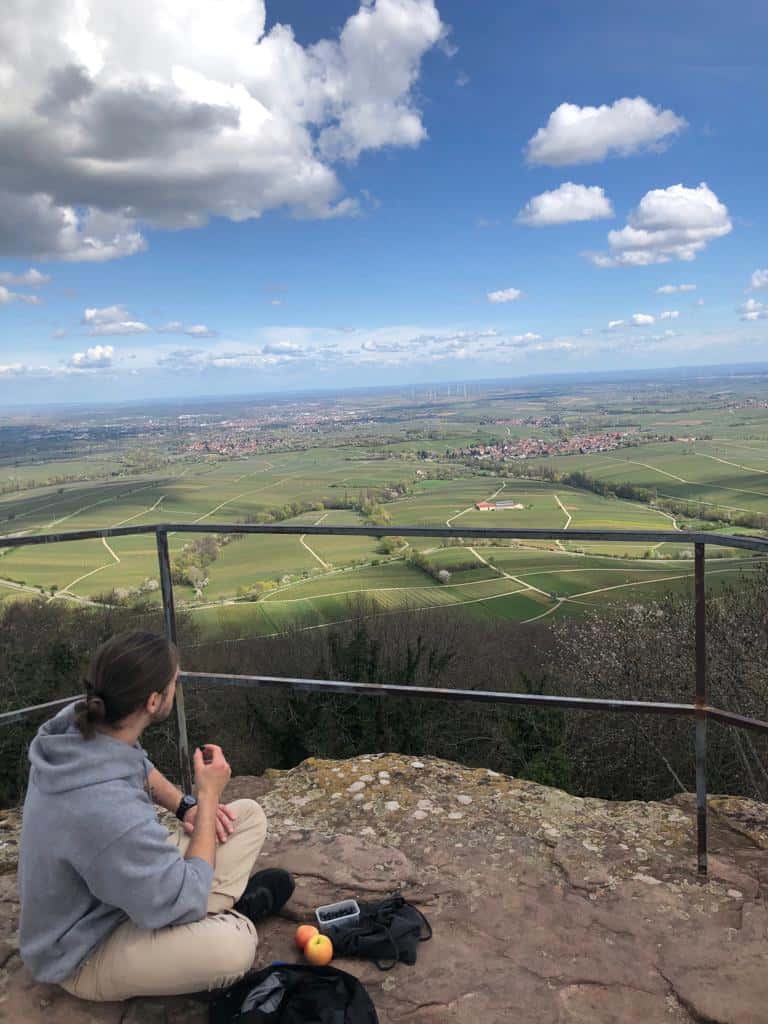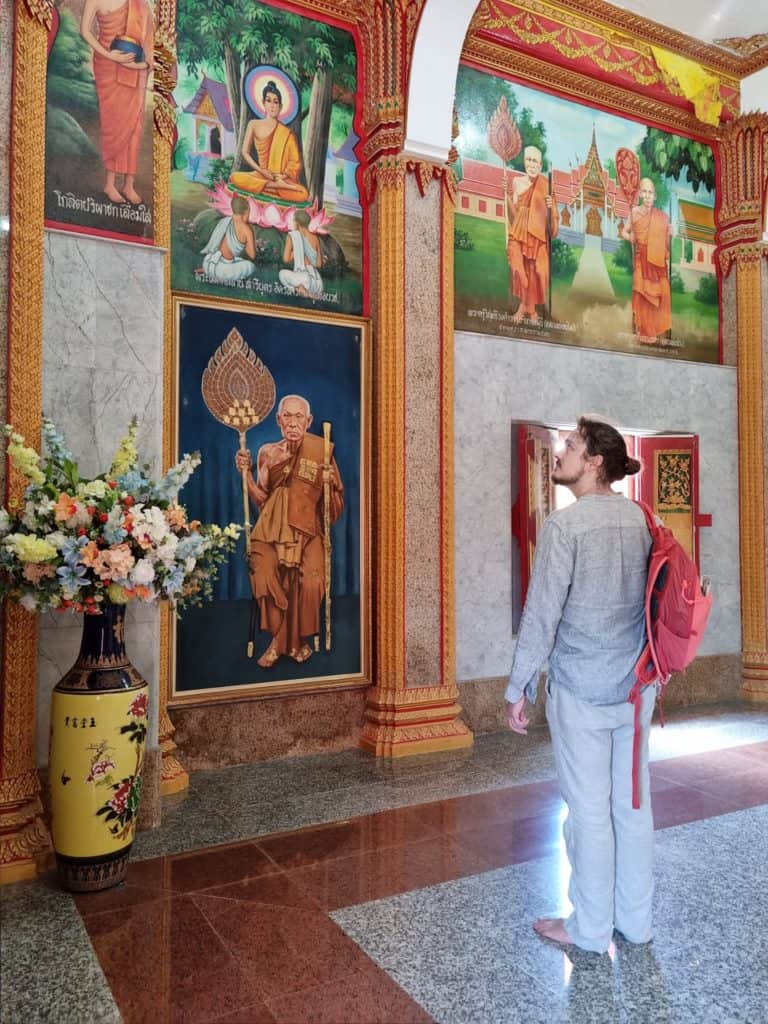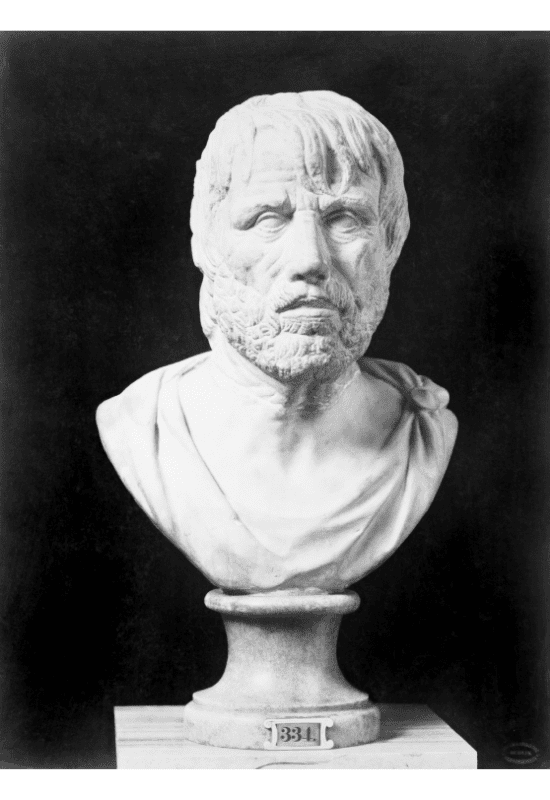The spirit is a fire that must be kindled
Have you ever heard the quote "The mind is not a vessel to be filled, but a fire to be kindled"? This ancient proverb, attributed to Plutarch, has inspired generations of thinkers for centuries.
It sums up a timeless truth about human potential: within our minds lie unlimited possibilities just waiting to be unleashed with the spark of creativity and curiosity.
In essence, this quote says that education should not just consist of pumping information into a person's head as if it were an empty vessel. Instead, it should awaken the imagination and encourage active engagement with knowledge by engaging the senses and creating meaningful connections between concepts.
According to Plutarch, true learning takes place when we open ourselves to learning and exploration to discover new ideas or gain new perspectives on existing issues.
This philosophy is in stark contrast to traditional approaches that focus on memorization and passive absorption of facts. While these methods may bring short-term success, they are harmful in the long run because they suppress creativity and intellectual growth.
It follows that teachers should strive to ignite students' passion rather than just filling their heads with facts; to ignite a flame requires careful attention and guidance from the teacher so that students can truly benefit from the experience. This requires a shift in thinking on the part of both teachers and learners - teachers must strive for new approaches that create an interactive classroom environment where students can explore their own interests independently without sacrificing the support of their peers.
At the same time, learners need to take charge of their learning process by actively participating in class discussions and going beyond their limits to expand their existing knowledge and make connections to the real world. This point is undoubtedly the most important, as even the most dedicated teacher can only influence to a certain degree.
It must also be noted that teachers are often incredibly limited in the freedom they have in the curriculum. Especially the trend that more and more reforms neglect pedagogy and teachers are forced to comply with the guidelines, allows little opportunity to promote the students as they might like.
In particular, the increase in vocational schools, which are increasingly allowing their curricula to be dictated by the teaching companies and thus by profit-oriented companies, is alarming. General education curricula are being drastically cut or even completely eliminated in favor of subject-specific competencies. The focus is more and more on squeezing vocational students into forms that are relevant to the profession. This may not be surprising, but considering that vocational students are mostly young people who are still in the middle of their intellectual development, this is tantamount to a disaster.
The following short video shows a small excerpt of a lecture of the author Vera F. Birkenbihl clarifies this topic:
In summary, Plutarch's words are no less relevant today than they were thousands of years ago - if we are to truly succeed in unlocking our true potential as creative people, education must provide space for discovery rather than simply leaving facts to be memorized.
However, we should not forget that education does not only take place in classrooms or teaching companies, but also at home, among friends and, of course, online. It is in all our interests to preserve the opportunities to be curious, to dream, to fascinate. And not only that: we should expand these often meager opportunities.
Who do you think is responsible here? Everyone themselves, the teachers, educational institutions, parents? Feel free to share your thoughts in the comments.







